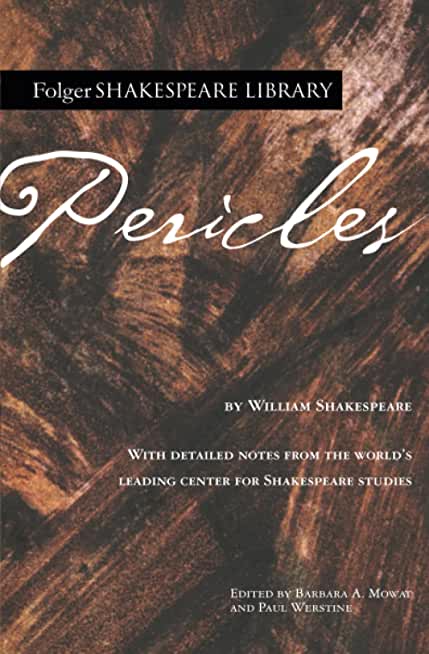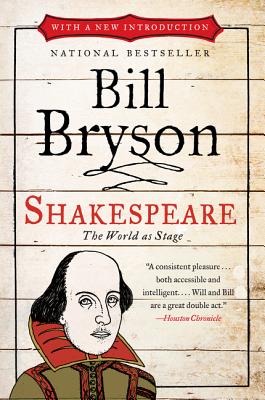
description
5
Césaire's Tempest, in translation by Richard Miller, is a sprightly and song-filled enchantment. The luminous intelligence of Mr. Césaire's meditation on the absurdities of colonialism shines through the antics of the bewildered characters.--New York Times
Césaire's rich and insightful adaptation of The Tempest draws on contemporary Caribbean society, the African-American experience and African mythology to raise questions about colonialism, racism and their lasting effects.
member goods
No member items were found under this heading.
listens & views
Return Policy
All sales are final
Shipping
No special shipping considerations available.
Shipping fees determined at checkout.







